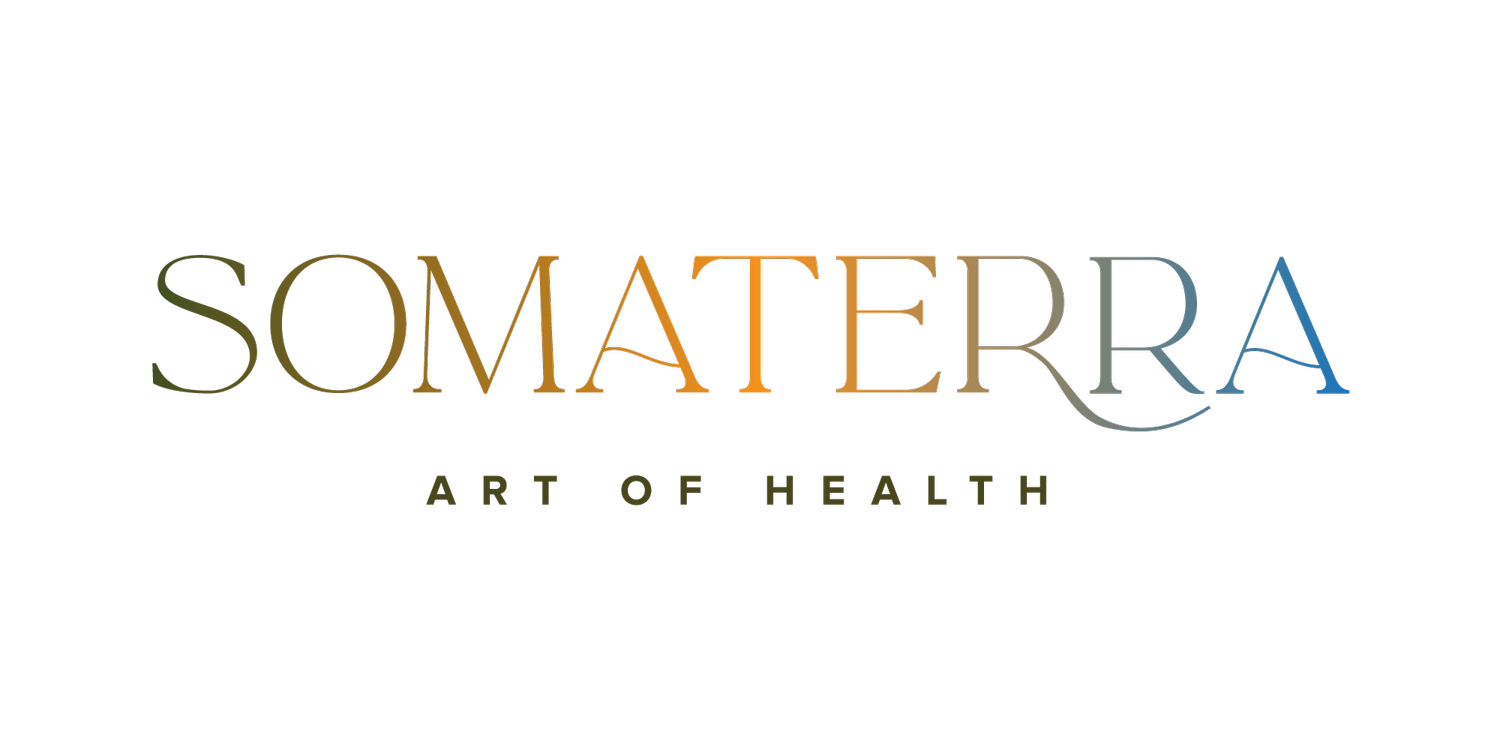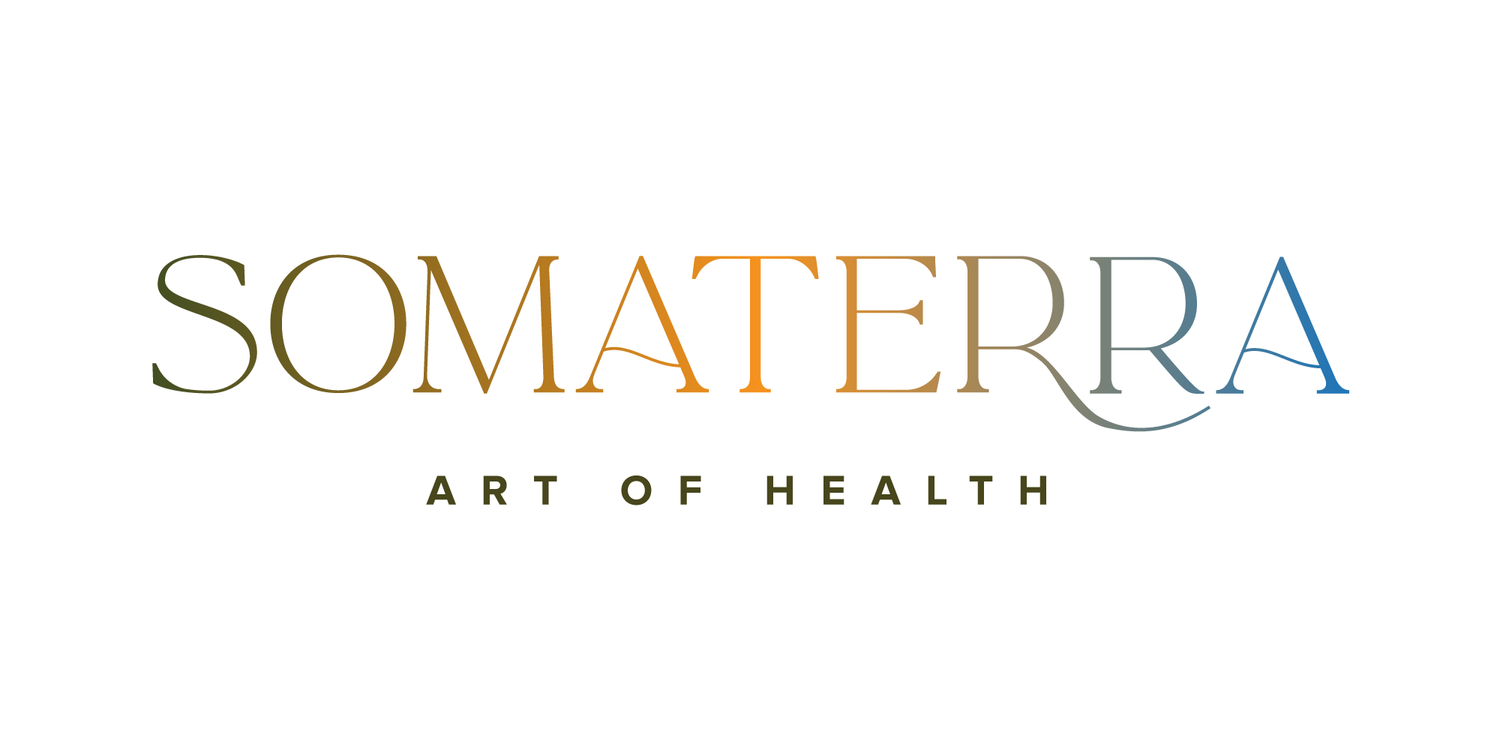The Struggle Between Western Medicine and Natural Medicine: Which is Better?
Throughout history, medicine has been an essential aspect of human life. From traditional herbal remedies to modern pharmaceuticals, medicine has come a long way. With the rise of Western medicine, which focuses primarily on treating diseases with drugs, the use of natural medicine has been challenged. Natural medicine, also known as traditional or alternative medicine, is based on the use of natural remedies, such as herbs, diet, and lifestyle changes, to promote healing and prevent diseases.
In this article, we'll explore the differences between Western and natural medicine, their effectiveness, accessibility, and cost. We'll also discuss the benefits and drawbacks of each approach and provide tips on how to choose the best treatment for your health needs.
The Differences Between Western Medicine and Natural Medicine
Western medicine, also known as conventional medicine, is a system of healthcare that focuses on the diagnosis and treatment of diseases using drugs, surgery, and other medical interventions. It is based on scientific research and relies heavily on technology, such as lab tests and imaging techniques, to diagnose diseases and monitor their progression. Western medicine aims to cure diseases by targeting the symptoms or underlying causes of the disease.
On the other hand, natural medicine, also known as traditional or alternative medicine, is a system of healthcare that uses natural remedies, such as herbs, diet, and lifestyle changes, to promote healing and prevent diseases. Natural medicine focuses on treating the whole person, rather than just the symptoms of the disease. It emphasizes the body's natural healing abilities and encourages patients to take an active role in their healthcare.
The Effectiveness of Western Medicine vs. Natural Medicine
Western medicine is highly effective in treating acute and life-threatening conditions, such as infections, injuries, and cancers. It has led to significant advancements in medical research and technology, resulting in better diagnosis, treatment, and management of diseases. Western medicine has also led to the development of vaccines, antibiotics, and other life-saving drugs.
However, Western medicine has limitations when it comes to treating chronic and complex diseases. It often focuses on treating the symptoms of the disease, rather than addressing the underlying causes. As a result, patients may experience side effects from drug treatments, and their conditions may worsen over time.
Natural medicine, on the other hand, is effective in treating chronic and complex diseases by addressing the underlying causes of the disease. It emphasizes the body's natural healing abilities and encourages patients to make lifestyle changes that can improve their overall health. Natural medicine has also been shown to be effective in treating mental health conditions, such as anxiety and depression.
Accessibility and Cost of Western Medicine vs. Natural Medicine
Western medicine is widely available in developed countries and is often covered by health insurance. It is also backed by significant government funding and private investment, which has led to the development of new drugs and medical technologies. However, the cost of Western medicine can be prohibitive, especially for those who lack health insurance.
Natural medicine, on the other hand, is often more accessible and affordable than Western medicine. It is often practiced by alternative healthcare practitioners, such as naturopaths and acupuncturists, and is available in many health food stores and online. However, natural medicine is not always covered by health insurance, and its effectiveness may vary depending on the practitioner and the patient's condition.
The Benefits and Drawbacks of Western Medicine and Natural Medicine
Western medicine has several benefits, including its effectiveness in treating acute and life-threatening conditions, its reliance on scientific research and technology, and its wide availability in developed countries. However, Western medicine has several drawbacks, including its focus on treating symptoms rather than underlying causes, its potential for side effects and adverse reactions, and its high cost.
Natural medicine has several benefits, including its effectiveness in treating chronic and complex diseases, its focus on treating the whole person, and its emphasis on lifestyle changes and natural remedies. However, natural medicine has several drawbacks, including its lack of regulation and standardization, its potential for interactions with other medications, and its limited availability in some areas.
How to Choose the Best Treatment for Your Health Needs
Choosing the best treatment for your health needs can be challenging, as there are many factors to consider. Some of the factors to consider include the severity and nature of your condition, your medical history, your lifestyle, and your budget. It's important to consult with a healthcare professional, such as a doctor or a naturopath, to determine the best treatment for your individual needs.
In some cases, a combination of Western and natural medicine may be the best approach. This can involve using Western medicine to treat acute or life-threatening conditions, while using natural medicine to address underlying causes and promote overall health. It's important to work with a healthcare professional who is knowledgeable about both Western and natural medicine to ensure the best possible outcomes.
Conclusion
In conclusion, the struggle between Western medicine and natural medicine is ongoing, with both approaches having their benefits and drawbacks. While Western medicine has led to significant advancements in medical research and technology, natural medicine emphasizes the body's natural healing abilities and encourages patients to take an active role in their healthcare. Choosing the best treatment for your health needs requires careful consideration of your individual needs and consultation with a healthcare professional. Ultimately, a combination of Western and natural medicine may provide the best outcomes for many patients.

